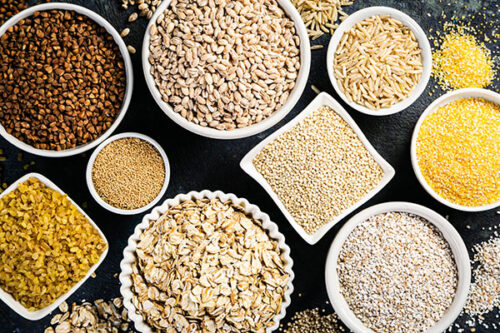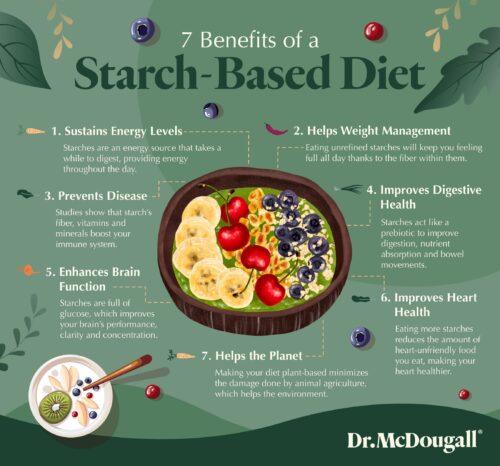Newest Food-Cure: Coconut Oil for Health and Vitality
The Newest Food-Cure: Coconut Oil for Health and Vitality
Coconut oil is the newest miracle food promoted on the Internet and at health food stores for rejuvenation and cure of ‘whatever ails you.’ Advocates of coconut oil claim this sensational food has anti-microbial, anti-heart disease, anti-cancer, and anti-obesity benefits. Furthermore, this fat is sold as a cure for low thyroid function (hypothyroidism). This is a huge turnaround for a substance that has traditionally been thought of as an artery-clogging saturated fat. Testimonials provide most of the evidence for the miraculous effects these oils have on people, rather than well thought out and carefully designed experiments. Thus, most of these claims are based on a little truth overblown into a sales pitch for sellers of coconut oil. You and your family will not find salvation by buying these products. A pint of extra virgin coconut oil costs $12 to $18 (US).
|
Claims Found on the Internet for Coconut Oil |
|
|
Improves thyroid function—The new thyroid cure. |
This oil is 92% saturated (it does contain a small amount of the unsaturated oils). Coconut oil is unusually rich in short and medium chain fatty acids, like lauric and capric acid. Most commonly it has been used as cooking oil and in baking. The oil has a high smoke point – higher than butter – and is resistant to oxidation and rancidity. Hydrogenated or partially-hydrogenated coconut oil is a prominent ingredient in non-dairy creamers and in snack foods. Nonfood uses for coconut oil include soaps, cosmetics, Bio-diesel fuel, hair styling gels, and as a skin moisturizer.
|
Common Coconut Products |
|
|
Raw coconut (meat): This is coconut right out of the shell. Eating raw coconut would clearly be most healthful—or least damaging. Coconut milk and light coconut milk is usually bought in cans and used to make soups and curries. It is less concentrated in fat than coconut oil. Coconut butter and coconut oil are the same. We generally think of oil as being liquid, which coconut oil is above approximately 76°F (20-25°C). Below that temperature it would be more solid and the consistency of ‘butter.’ Virgin, cold pressed, and DME (Direct Micro Expeller) coconut oils are made with the least amount of processing. Fresh coconut meat is grated, pressed and then the oil is separated from the other components by various mechanical processes (squeezed, filtered, and/or expeller). RBD (Refined, Bleached & Deodorized) oil is produced from dried coconut meat (copra) after drying, refining, bleaching and deodorizing. The final product is yellowish-white with a thick texture and no taste or odor. This form is the commercial product used in baked goods and for popping corn. |
Even though coconut oil is high in saturated fat, populations consuming large quantities of coconut products (such as in the Philippines), have low rates of heart disease—but this is likely due to their overall diet—with a very low consumption of meats (cholesterol) and processed foods and high intakes of rice and vegetables—rather than the coconut.
The damaging effects of processed (hydrogenated) oils are shown in animal models. Hamsters fed hydrogenated coconut oil with or without cholesterol in their diet quickly develop lipid rich lesions (early atherosclerosis) in their arteries with rapid progression of artery disease when the diet is continued. Studies on rats demonstrate that highly processed coconut oils, as opposed to virgin coconut oils, have the most adverse effects on cholesterol. Thus, foods that have been altered from their natural state the most by processing have the most adverse effects.
When coconut oils were fed to forty-seven Pacific Islanders, along with their regular diet of fish, meat, cheese, chicken and fruits and vegetables, their cholesterol levels were found to be significantly lower than when they were fed a similar diet with similar amounts of butter fat. However, when polyunsaturated safflower oil was used then the cholesterol levels were even lower than with the coconut oils. Thus, coconut fat seems to be slightly better than butter—but not much. And as most of you know, safflower and other free vegetable oils are a health hazard even if they do lower cholesterol. (See my article ‘Vegetable Fat as Medicine’ https://www.drmcdougall.com/vegetable_fat.html.)
|
Pacific Islanders’ Cholesterol Levels on Various Dietary Oils: |
|
|
Butter 213 mg/dl (5.61 IU) Coconut 208 mg/dl (5.47 IU) Safflower 194 mg/dl (5.10 IU) |
In another study on 83 people, coconut oil was found to raise cholesterol by 10% when coconut oil supplied about 75% of calories—now that is a high fat diet.
Weight Loss and Coconut
Medium chained fats, like those found in coconut oils, are promoted for their ability to increase energy expenditure and to improve appetite satisfaction—resulting in weight loss. Coconut oil is 100% fat that the body will store effortlessly. The original purpose of this fat is to supply energy for the sprouting nut so that it can begin growing into a tree. This same concentrated energy is effortlessly stored into your body fat as the ‘metabolic dollar’ to be spent the day food is no longer available (hasn’t happened yet).
McDougall’s Thoughts:
My conclusion is that coconut is a natural plant food which can have a small place in most people’s diets. As a whole food the oils are combined with the fiber, vitamins, minerals, and other plant components in a way that makes them safe. When the oil is removed by processing from its natural surroundings then it becomes a medicine at best and a toxin at worst—just like other oils (corn oil removed from corn, olive oil removed from olives, etc.). The more processing—the worse the oil.
If you decide to include this high fat food in your diet; then realize that coconut is very rich, packed with calories and fats. You will likely gain weight if this becomes a big part of your diet. People with weight-dependent diseases, like type 2 diabetes and degenerative arthritis of the lower extremities should be very careful about including coconut in any form. Otherwise, as a condiment—like other nuts and seeds—coconut will add unique flavors to your meals and provide quality nutrients. Just think of it as a treat. Have you ever tried to open a coconut? One reason they are packaged in such hard shells may be to keep people from eating too much of a good thing.
References:
1) Mangiapane EH,McAteer MA,Benson GM,White DA,Salter AM. Modulation of the regression of atherosclerosis in the hamster by dietary lipids: comparison of coconut oil and olive oil. Br J Nutr. 1999 Nov;82(5):401-9.
2) Cox C,Sutherland W,Mann J,de Jong S,Chisholm A,Skeaff M. Effects of dietary coconut oil, butter and safflower oil on plasma lipids, lipoproteins and lathosterol levels. Eur J Clin Nutr. 1998 Sep;52(9):650-4.
3) Nevin KG,Rajamohan T. Beneficial effects of virgin coconut oil on lipid parameters and in vitro LDL oxidation. Clin Biochem. 2004 Sep;37(9):830-5.
4) Ng TK,Hassan K,Lim JB,Lye MS,Ishak R. Nonhypercholesterolemic effects of a palm-oil diet in Malaysian volunteers. Am J Clin Nutr. 1991 Apr;53(4 Suppl):1015S-1020S.
5) St-Onge MP,Jones PJ. Physiological effects of medium-chain triglycerides: potential agents in the prevention of obesity. J Nutr. 2002 Mar;132(3):329-32.
Recommended Articles

The Truth About Starch (Anti Wheat Belly & Grain Brain)

7 Ways to Optimal Health and Well-Being With a Starch-Based Diet






